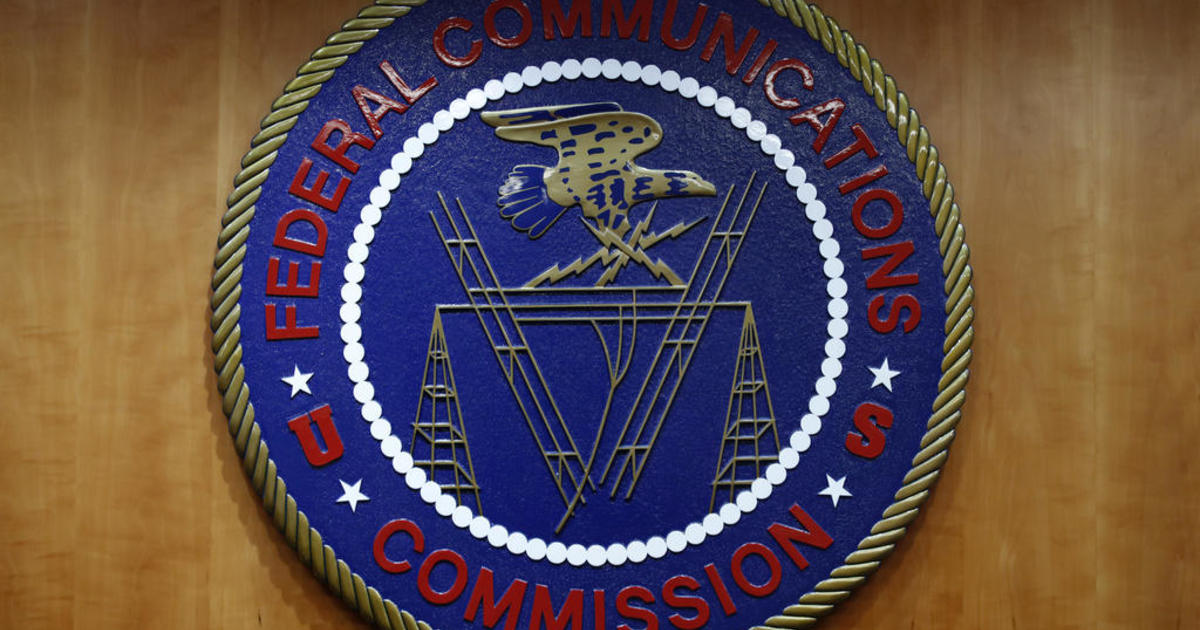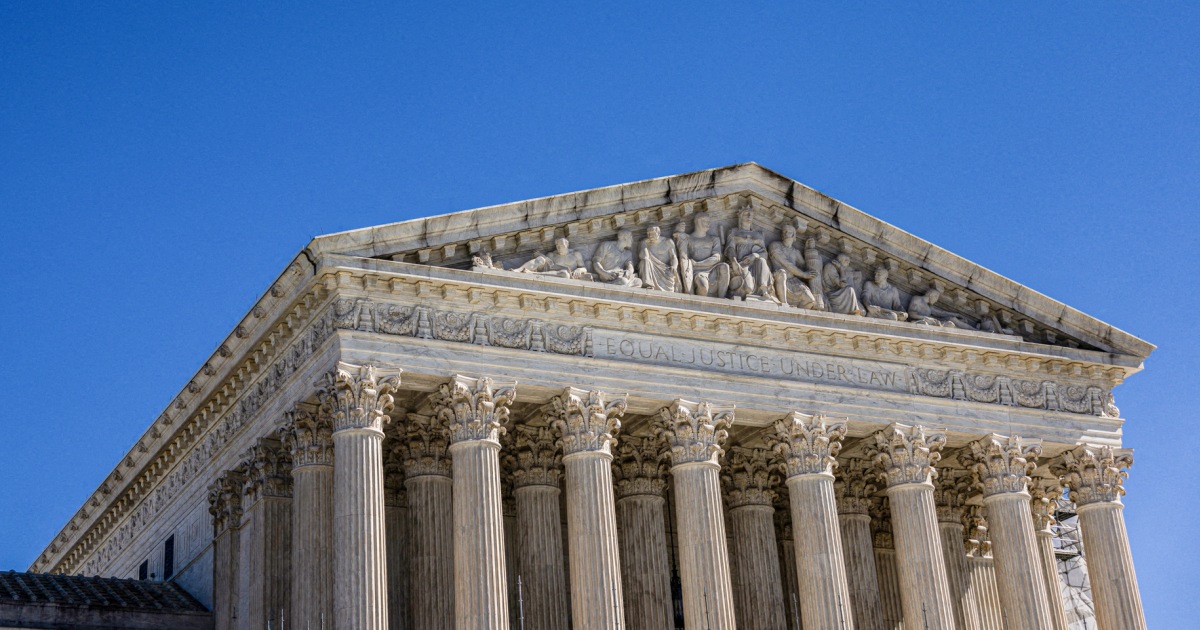Supreme Court Upholds Universal Service Fund for Phone and Internet Subsidies
The Supreme Court has upheld the Universal Service Fund, ensuring continued subsidies for phone and internet services in underserved schools and rural areas.
Subscribe to unlock this story
We really don't like cutting you off, but you've reached your monthly limit. At just $5/month, subscriptions are how we keep this project going. Start your free 7-day trial today!
Get StartedHave an account? Sign in
Overview
- The Supreme Court affirmed the legality of the Universal Service Fund, which subsidizes phone and internet services for schools, libraries, and rural areas.
- This ruling reverses a previous decision by the 5th Circuit that deemed the funding method unconstitutional.
- The Federal Communications Commission (FCC) oversees the collection of fees from telecommunications providers to support these subsidies.
- The program has positively impacted over 12,000 schools, libraries, and 9,000 rural health care providers, enhancing access for low-income Americans.
- A conservative advocacy group had challenged the fee's legality, but the Supreme Court upheld the FCC's authority to administer the program.
Report issue

Read both sides in 5 minutes each day
Analysis
Center-leaning sources frame the Supreme Court's decision as a validation of government efforts to expand telecommunications access, emphasizing the benefits for underserved communities. They implicitly support the FCC's authority while acknowledging challenges from conservative groups, reflecting a bias towards maintaining public funding for essential services.
Articles (4)
Center (3)
FAQ
The Universal Service Fund (USF) is a program overseen by the Federal Communications Commission (FCC) that subsidizes phone and internet services for underserved schools, libraries, rural health care providers, and low-income households. It supports rural broadband networks and affordability of communications services to close the digital divide.
The USF was challenged by a conservative nonprofit, Consumers’ Research, which argued that the fee collection method by the FCC was unconstitutional because Congress did not provide sufficient guardrails on the FCC's fee-collecting authority and that the agency improperly delegated authority to the Universal Service Administrative Company (USAC). The Fifth Circuit court had ruled the scheme unlawfully took taxing power away from the legislature.
The Supreme Court upheld the constitutionality of the USF in a 6-3 decision, rejecting the arguments that the program was unconstitutional. Justice Elena Kagan wrote that Congress provided clear guidance on promoting universal service through carrier contributions and that the FCC’s delegation to the USAC for accounting was permissible. The Court did not agree that the FCC overstepped its authority or that the taxing power was improperly taken from Congress.
The USF has positively impacted over 12,000 schools, libraries, and 9,000 rural health care providers by improving access to phone and internet services, thereby supporting low-income Americans and underserved rural areas.
Following the Supreme Court's decision, policy experts like the Information Technology and Innovation Foundation (ITIF) emphasize the need for targeted and sustainable USF reform. Suggestions include reforming the distribution of funds, sunsetting outdated rural infrastructure programs, and focusing affordability support on those who need it most to close the digital divide without increasing taxes excessively.
History
- This story does not have any previous versions.


